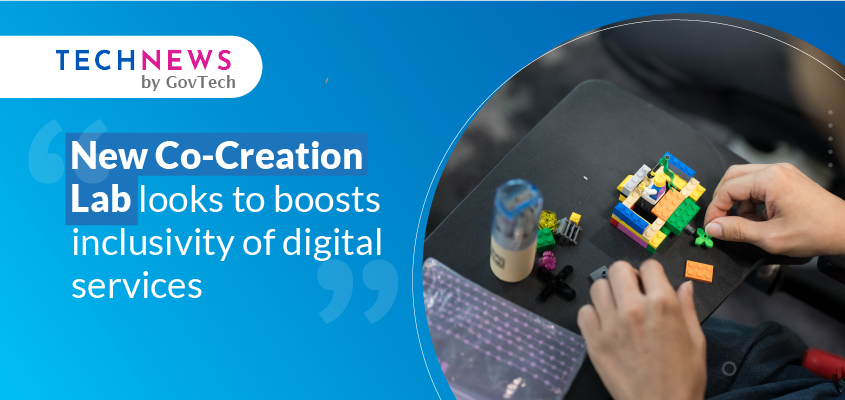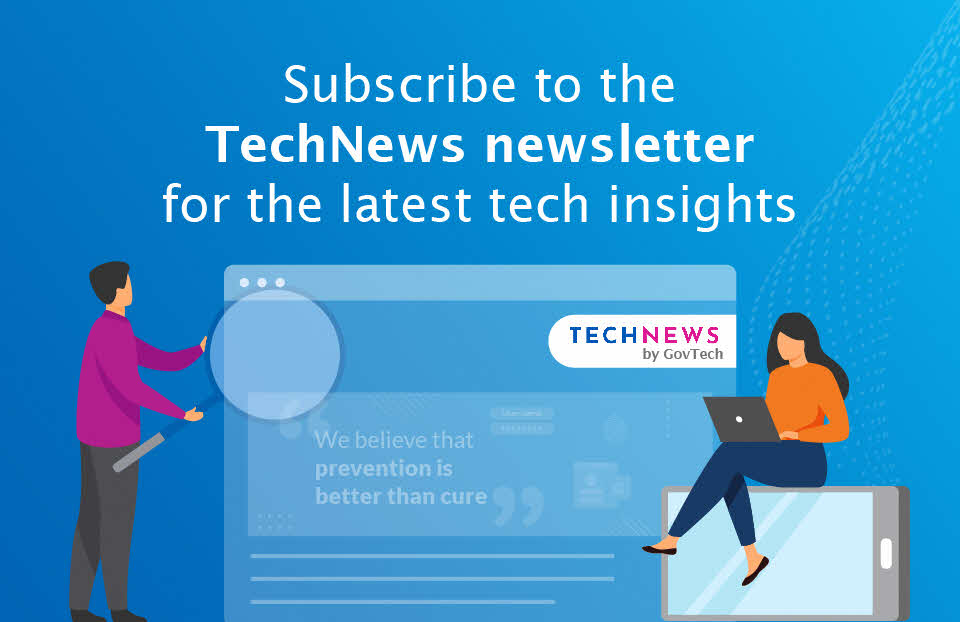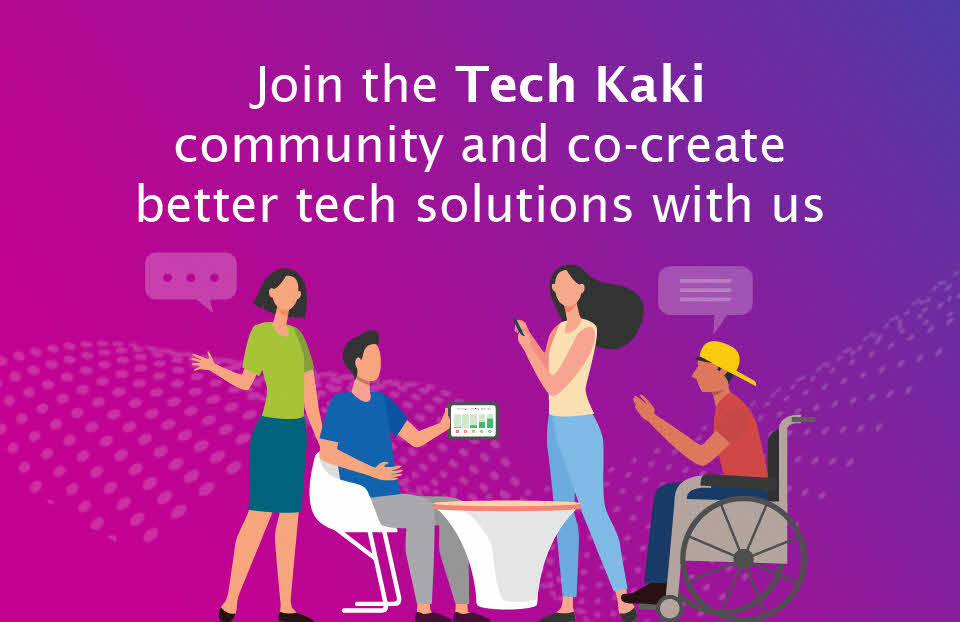Improving Digital Services: Seniors and Persons with Disabilities have their say

As the lead agency in digitalising public services in Singapore, GovTech seeks to ensure digital transformation benefits everyone of all abilities. That is why we hold events such as A11y Week, the government’s digital inclusion learning festival for all public officers.
The latest edition of A11y Week in May 2024 was all the more significant as it brought together the government, industry players, and end users in a new initiative.
Called the Co-Creation Lab, the event kickstarted a wide-ranging conversation on how we can make Singapore’s digital services truly accessible for all.
Hearing first-hand pain points
Indeed, the first session — attended by 95 participants from the Persons with Disabilities and Senior communities, as well as digital product teams from the public and private sectors, including the banking, e-commerce, healthcare, and transportation industries — yielded valuable insights that will directly inform the development of current and future digital services.
Product teams from DBS, Doctor Anywhere, EZ-Link, Grab, HPB, HTX, OCBC, Synapxe, TransitLink, UOB, and yuu attended the event. Nominated MP Ong Hua Han, who champions causes for Persons with Disabilities and has raised related issues in Parliament, also took part.
By keeping it real throughout the discussions, end users could share their on-the-ground experiences, both positive and negative, while navigating digital services. Despite their different backgrounds, they surfaced similar challenges, such as:
- Seniors feel that banking services are increasingly inaccessible because of the digital-first strategy of financial institutions. They struggle with basic tasks such as logging in, are hesitant to make online transactions out of fear of making a mistake, and are afraid they will fall victim to scams and lose their hard-earned savings.
- Day-to-day tasks are also a struggle when digital services are not optimised for accessibility. For instance, ordering via restaurant QR code services is often incompatible with the VoiceOver function, so people who cannot see the screens of their devices cannot order their food through this means. Tele-consultations — which have gained popularity post-pandemic — are also inaccessible to deaf individuals because sign language interpreters are not on hand to translate.
In addition, attendees provided thoughtful feedback like:
- SMS OTP timeout durations should be lengthened to accommodate users who are not familiar with smart devices and need more time to navigate the different apps.
- Interpreters or caregivers should be allowed on teleconsultations to support the patient.
- Involve more Seniors and Persons with Disabilities in the product development process to better support user needs.
Enhancing product development with direct feedback
While there are existing efforts to engage various stakeholders on inclusivity, the Co-Creation Lab is the first platform focused on bringing the public and private sectors, as well as users, together to improve the accessibility of digital products and services in Singapore.
This multi-way dialogue will give product teams a deeper understanding of end users with different needs while ensuring that Persons with Disabilities and Seniors have their requirements included during the product development process.
In addition, it will surface themes and issues that can be quickly addressed and tabled for consideration for longer-term, potentially system-level changes.
Private sector tech teams, we want to hear from you!
At the conclusion of A11y Week, participants expressed a keen interest in participating in subsequent runs of the Co-Creation Lab and further exploring the topics discussed. Product representatives were also eager to integrate accessibility considerations into their work.
GovTech is seeking to include greater diversity in the Co-Creation Lab’s participants and is studying how to involve the greater tech community for longer-term, sustainable change. If you’re part of a product team in the private sector and want to collaborate on inclusivity issues, we can’t wait to hear from you!
PS: Another way to reach out to us is via Tech Kaki, our community of end-users who provide feedback on our products and whether they meet the needs of citizens and businesses.
Ultimately, we believe it will be a springboard for deeper engagement between the government, industry, and the community. We are hopeful that this collaborative spirit will pave the way for a more inclusive digital future for all Singaporeans.



